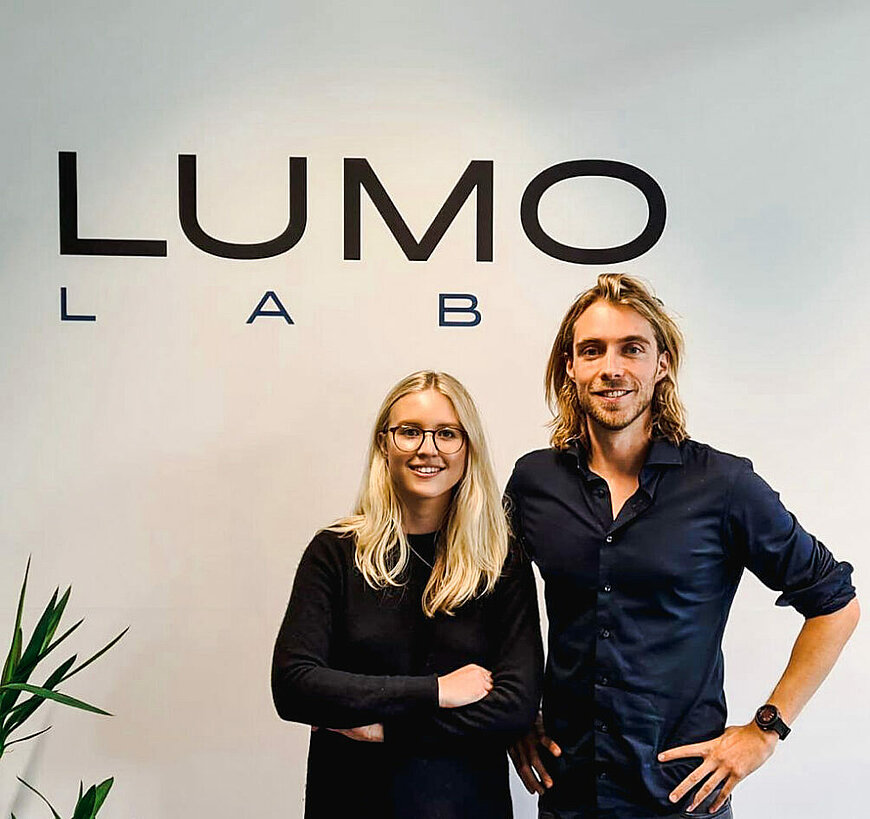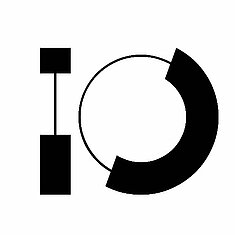With Autoscriber, the doctor pays more attention to you than to his computer

The winners of the Gerard and Anton Awards are highlighted. Today: Autoscriber.
The pressure on healthcare providers is ever increasing. Doctors cannot give optimal attention to their patients because they spend a lot of time on administration. Jacqueline Kazmaier and Koen Bonenkamp came up with a solution: Autoscriber. This is a tool that relieves the pressure on healthcare professionals through speech recognition software. Co-founder Jacqueline talks more about it in this episode of Start-up of the day.
With its Speech-to-Text solution based on Machine Learning, Autoscriber reduces physicians' time spent on administrative tasks by 25 percent. Autoscriber automatically fills in the required fields of the Electronic Patient Record (EHR). This allows doctors to focus more and better on the patient.
How did you come up with the idea of Autoscriber?
"I was working at the Cape AI consulting firm that Koen founded. We then came in contact with a medical center," Jacqueline Kazmaier says. "The whole idea came from a collaboration between us and that medical center. The first idea actually came from a doctor. There was a lot of frustration with the administrative process. And then the idea came up that AI could solve this problem."
"Then we started working together more and more to find an efficient solution to this problem through the use of speech recognition and NLP technology. The first version of Autoscriber turned out very well. We realized the impact it could have if we developed it into a real product. We decided we needed to scale it up for use by care centers, hospitals and general practitioners."
"What Autoscriber does is automatically extract administrative data and other essential data from the conversation between doctor and patient and enter it into the system. This is all done in real time. And in a very structured way. Because a doctor only has a few minutes to write down a few sentences of text."
What is the thinking behind Autoscriber?
"Initially, we focused on making the administrative process more efficient. After a lot of research, however, we found another big problem: the quality of the data in healthcare providers' systems. In fact, there is a lot of data that is not captured in an appropriate format for further analysis or to enable precise, data-driven health care.
More and more automated systems are emerging in health care. However, these depend on good, structured data. But right now, they are very unstructured. What Autoscriber does is on the one hand relieve the pressure due to all the administrative actions for doctors and on the other hand improve the quality of data."
How far along is your AI software in understanding a conversation between patient and doctor?
"Our software actually already understands the conversation. It's already good enough to add value, although not yet perfect. Especially when you think about how much time and effort it takes doctors to enter all this patient data in a structured way. The amount of information we can already enter correctly in a structured format is enough to save a lot of time."
"Our software is a combination of speech recognition and NLP. I also think this sets us apart from our competitors. There are many different players on the market that work only on speech recognition, or only on NLP technology. We do both."
What does winning the Gerard & Anton award mean to you?
"I think it's a huge honor. The High Tech Campus and the whole ecosystem we are part of is very inspiring and also very supportive. It feels great to be recognized in that community and it motivates us to keep going. It's a great achievement and I think for us to be in the top ten alongside the others is already a big win. It's a huge motivation to keep going."
What tips do you have for other start-ups?
"I think we have been very lucky with all the hospitals in our network and how they have helped us succeed. It's also good to keep in mind that starting a business is a marathon and not a sprint."
I think you should never underestimate the power of a good network.
Jacqueline, co-founder Autoscriber
Read more about Autoscriber
